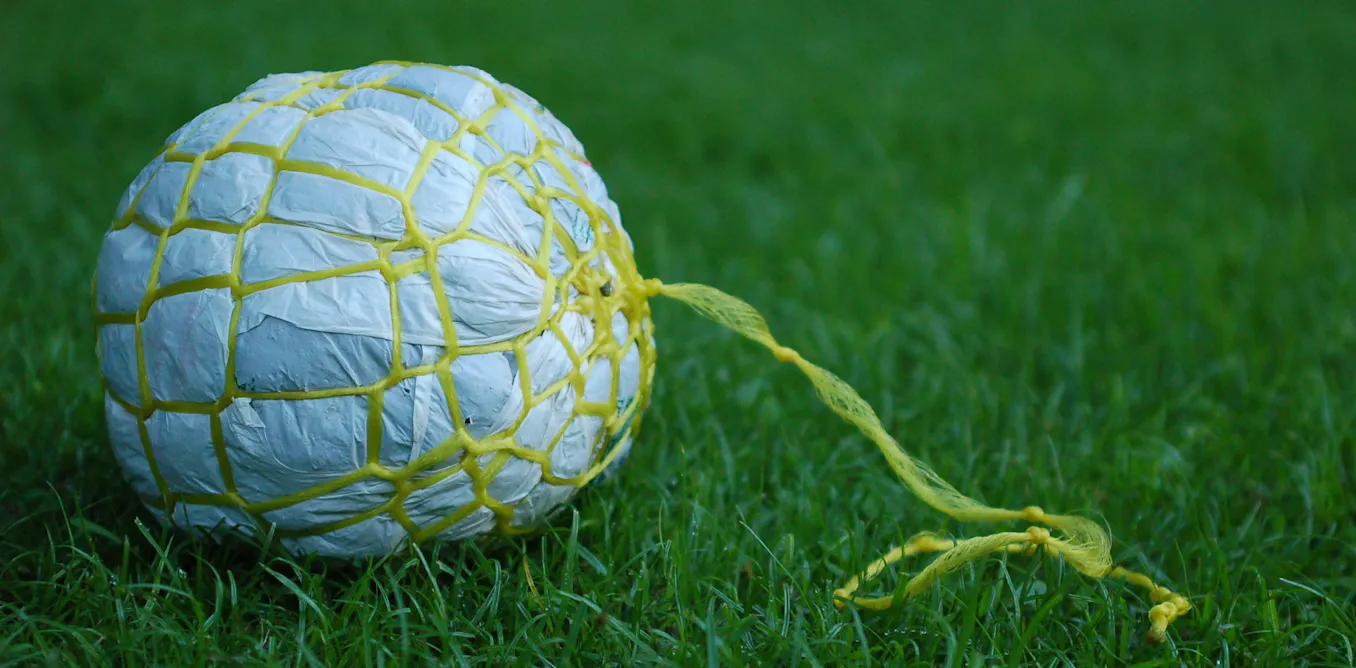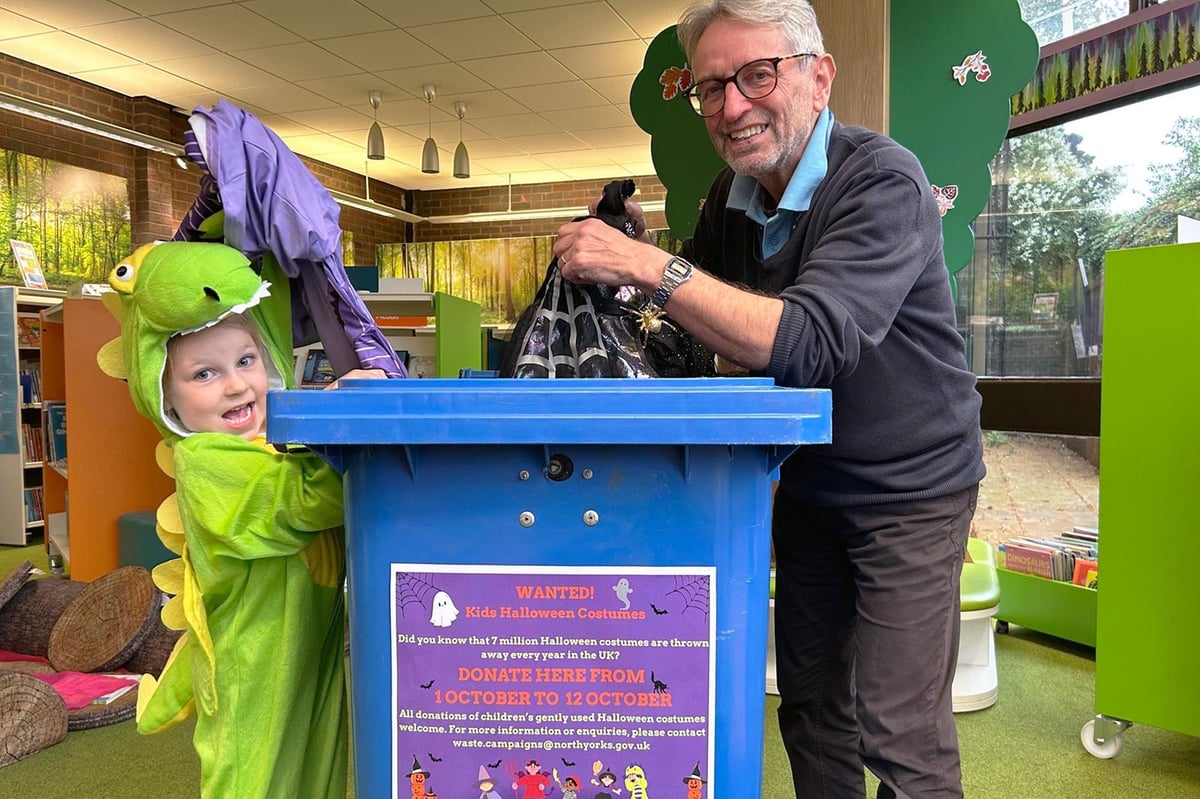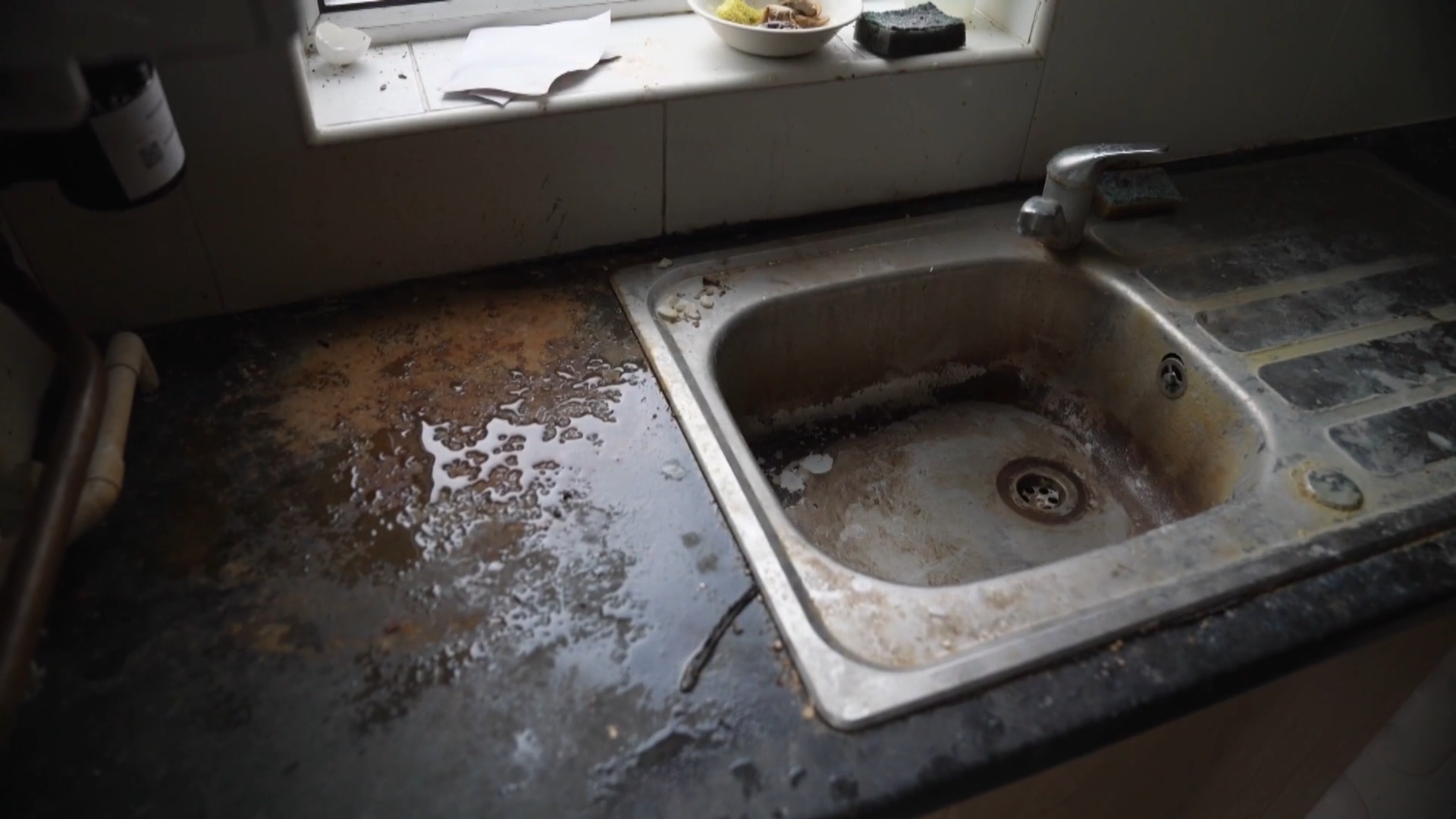Copyright theconversation

Every year humanity produces nearly 300 million tonnes of plastic. Only a fraction ever gets recycled. Most ends up in rivers, oceans and soil, slowly breaking down into tiny, invisible microplastics that get into what we eat and drink. Decades of recycling drives and policy bans have not altered the deep-rooted behaviours behind this crisis. But what if the next big environmental solution isn’t a new law or technology – but a game? I am an environmental sociologist and behaviour change researcher from Nigeria. I developed a game called EcoBall in 2023 as a social innovation that makes sport a tool for sustainability. The concept is discussed in my peer-reviewed paper. EcoBall reimagines football as a discipline of training for environmental stewardship. Instead of chasing goals alone, teams compete to collect, sort and creatively reuse plastic waste. Each match becomes a live demonstration of the circular economy – the idea that materials should be reused, not discarded. Here I describe how the game works, why it influences people’s behaviour, and what we found when we tested it in Nigerian schools and youth clubs. Three zones, one planet An EcoBall match uses a real ball made from tightly woven recycled plastic bags – the “EcoBall” itself. Two or more teams compete across three timed “learning zones”, combining physical play with environmental tasks. • Collection zone (10-15 minutes): To start play, the ball is placed at the centre of the field. Players pass and dribble it like they would in football or handball. The pitch or play area is scattered with lightweight, clean plastic litter. Teams race to gather the litter from the designated area and place it in a team bag or collection net along the sidelines before rejoining the game. Points are awarded for the amount and diversity of plastics collected. • Sorting zone: Back on the pitch, players classify the plastics correctly (PET bottles, sachets, nylon wrappers and so on). Accurate sorting earns additional points and practical recycling knowledge. Teams earn points for goals and for the quantity or weight of litter collected. • Creative zone: After each game, the collected plastics are sorted and delivered to recycling or upcycling partners. Using selected materials, teams craft new items – from art pieces to flower planters or even another EcoBall. Judges score on creativity, teamwork and utility. Participants also engage in short reflective or educational sessions to discuss plastic pollution, sustainability habits, and collective responsibility. The champion is not only the fastest but also the team with the most environmental impact. What seems to be a game is really learning through doing. Participants learn sustainability not by being preached at but by doing it, competing and relishing their achievements together. The psychology behind the game EcoBall draws on two social-science ideas: the theory of planned behaviour and social capital theory. The first explains why people adopt sustainable habits. By making recycling fun, social and rewarding, EcoBall reshapes attitudes and perceived norms – the key drivers of behaviour. The second highlights the power of trust and networks. EcoBall builds these bonds as teams collaborate and share victories, creating social momentum that keeps environmental action alive long after the game ends. In designing and evaluating EcoBall, I combined these theories with research on sport-for-development and environmental education. Where I was both participant-observer and referee, the assessment compared data from questionnaires, focus groups and observation diaries. The design allowed for transparency, credibility, and contextual validity in interpretation of EcoBall’s impact on environmental attitudes and behaviours. Tested on the field Pilot sessions were conducted at several schools and youth clubs across Ogun State to ascertain the level to which EcoBall enhances environmental awareness, cooperation and pro-active participation in plastic litter removal. The pilots were community-led and research-motivated and were supported by small donations from local NGOs and schools, and recycling businesses which provided gloves, collection bags and bins. Read more: Plastic pollution in Nigeria: whose job is it to clean up the mess? Instructors reported increased cooperation and leadership. Players described being more responsible for their surroundings, and some of them formed neighbourhood clean-up clubs which extended weeks beyond the games. While the long-term effect is yet to be studied, these early findings show that EcoBall is likely to induce actual behavioural change. From waste to wealth EcoBall also shows that environmental action can create livelihoods. In one pilot, students built benches and flower planters from bottles gathered during matches. Others began selling up-cycled crafts, while the organisation of events – coaching, logistics and recycling partnerships – generated new work opportunities. Such experiences echo the circular-economy principle of turning waste into worth. Uniting generations and communities Because EcoBall requires little equipment – just gloves, bags and open space – it thrives in low-resource communities. The design was intentionally simple, ensuring accessibility and inclusion where conventional sports infrastructure is absent. Although EcoBall is inexpensive to initiate, its long-term delivery as a structured sport-for-development and environmental education programme requires sustained funding. Investment is needed for facilitator training, community engagement, and monitoring activities. This is typical of community interventions: low-cost to launch but funding-dependent to sustain and scale. Children, parents, and grandparents can play together, bridging generations and backgrounds. This shared passion generates a feeling of ownership of public spaces and renewed pride in keeping them clean. Read more: Not sure how to keep your kids busy and happy these holidays? Here are five tips. Schools are able to incorporate EcoBall into extracurricular activities, municipalities can organise tournaments tied in with cleanup initiatives, and corporations can make it part of their corporate social responsibility initiatives. Following early successes, two NGOs that work with youth development have begun using EcoBall in their environmental clubs, and discussions are underway with the National Youth Service Corps to introduce it into community services. Challenges and opportunities No innovation is challenge-free. EcoBall needs consistent funding, materials and cultural adaptation. Keeping players engaged may require creative incentives – such as mobile apps to track points or online leaderboards connecting communities globally. Yet these hurdles create opportunities. A “World EcoBall Cup” could one day unite cities or nations, rewarding those who divert the most plastic from the environment. Instead of medals, winners would boast cleaner beaches and thriving circular economies. Play for the planet The global plastic crisis demands solutions that move people, not just policies. EcoBall does exactly that – bringing sport together with green purpose and demonstrating that climate action has the power to be human, inclusive and fun. Read more: Informal waste collection shouldn't let plastic polluters off the hook: here's why It is not the sole responsibility of scientists or policymakers to fight pollution. It belongs to everyone willing to pick up a ball – or a bottle – and make a difference.



